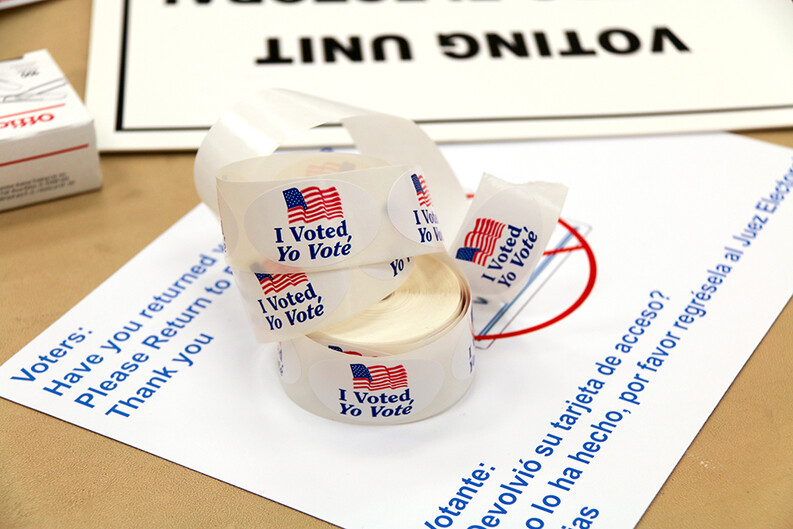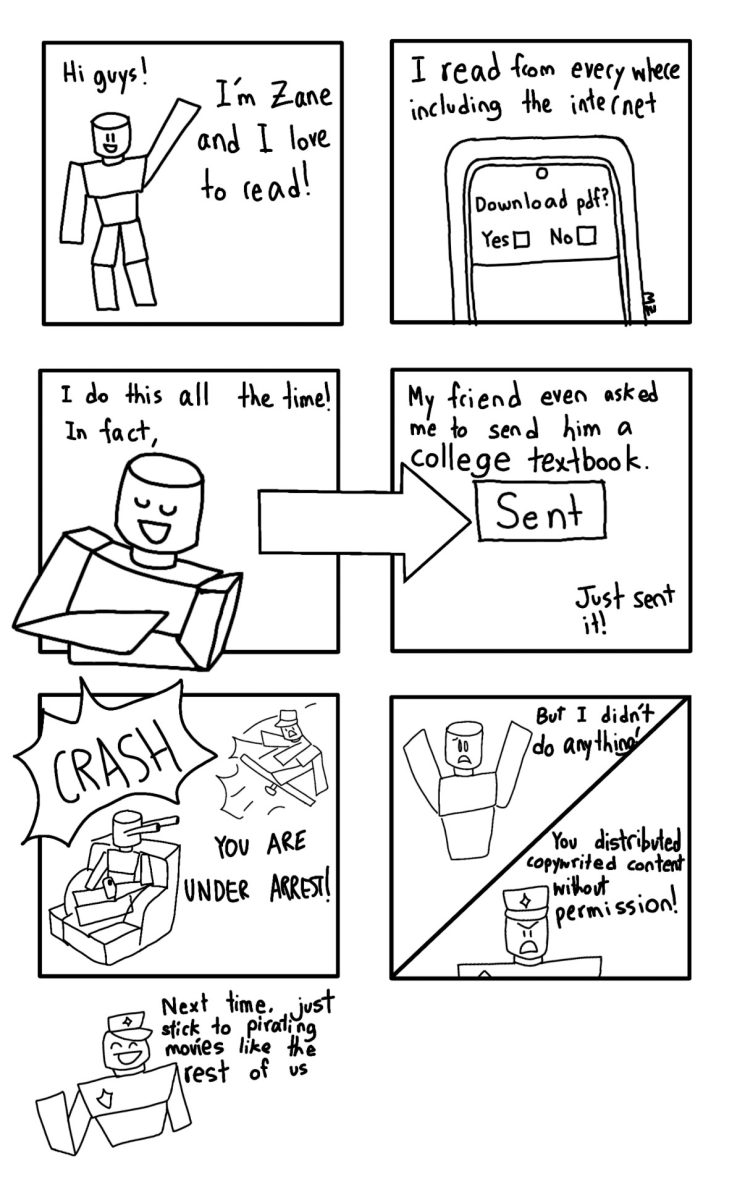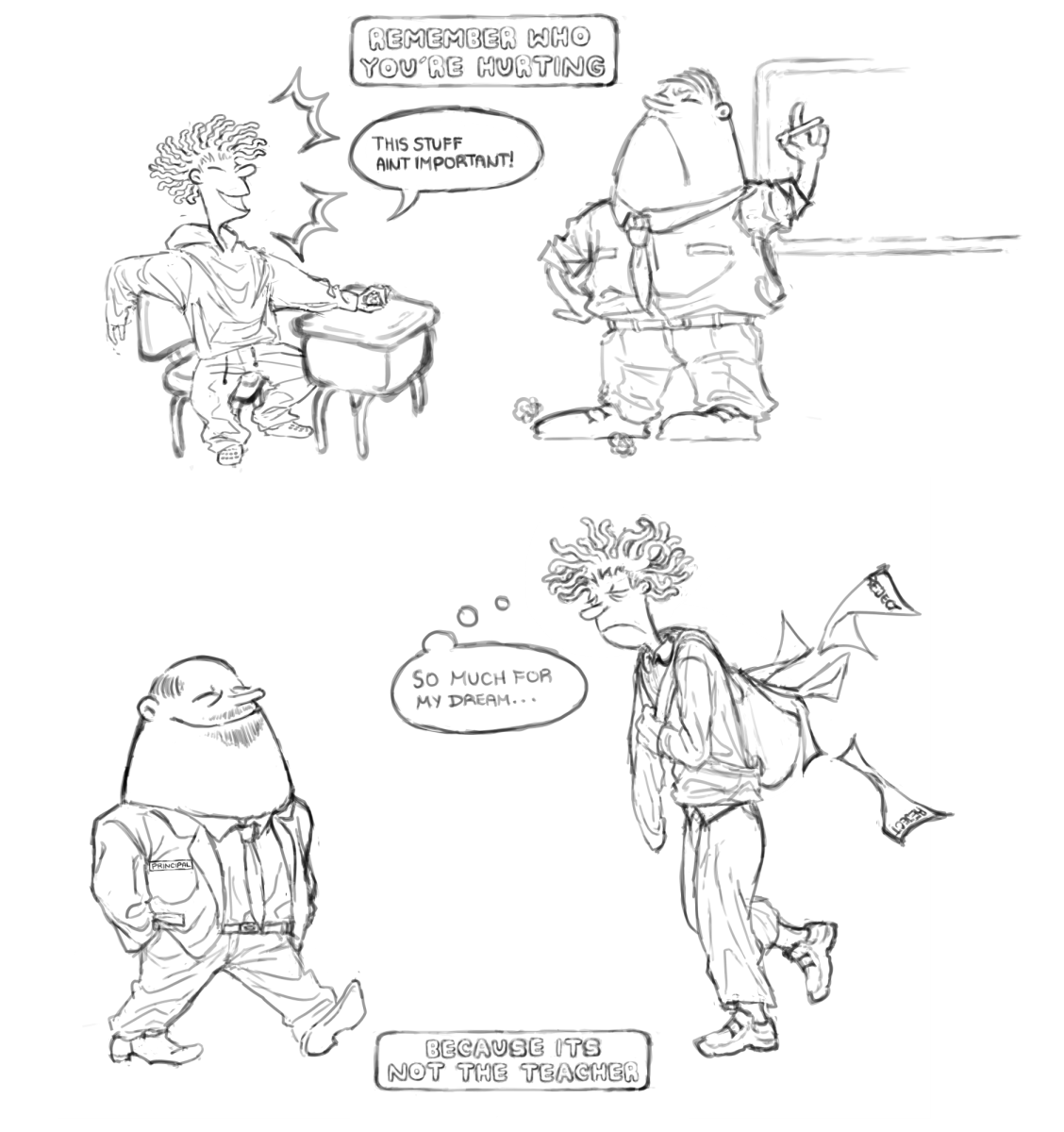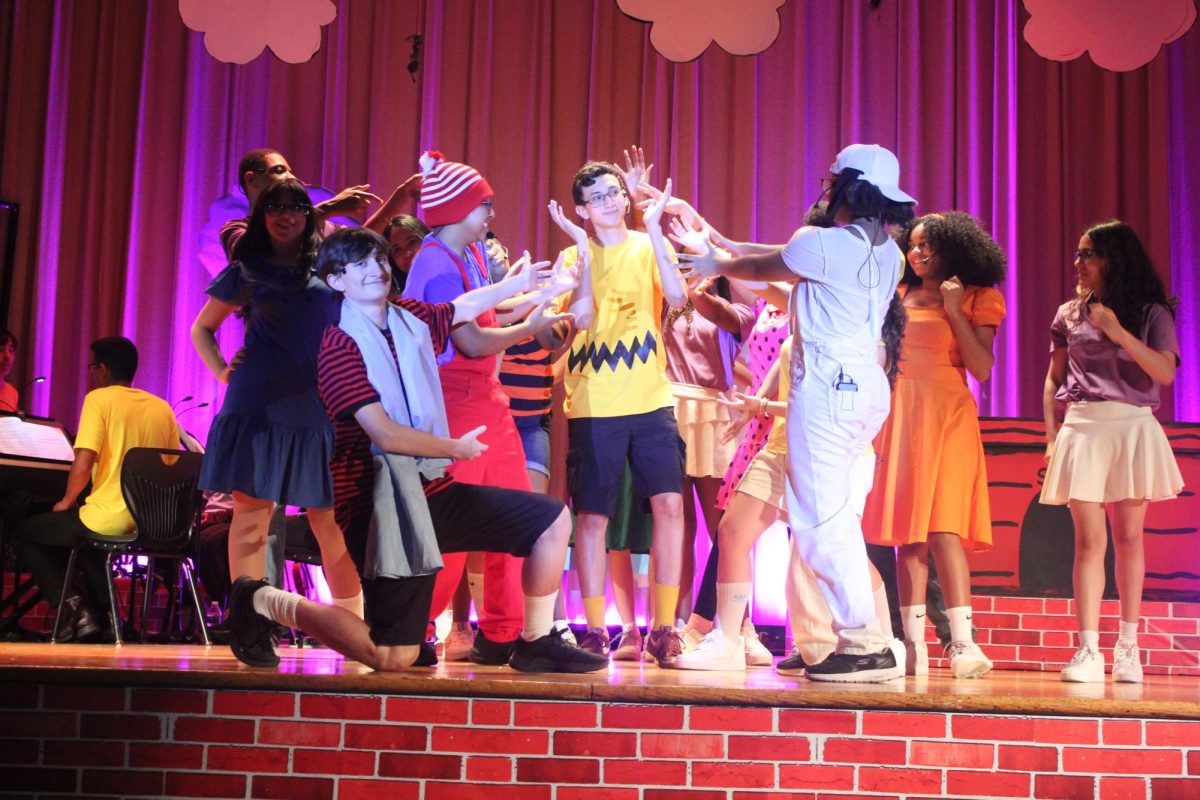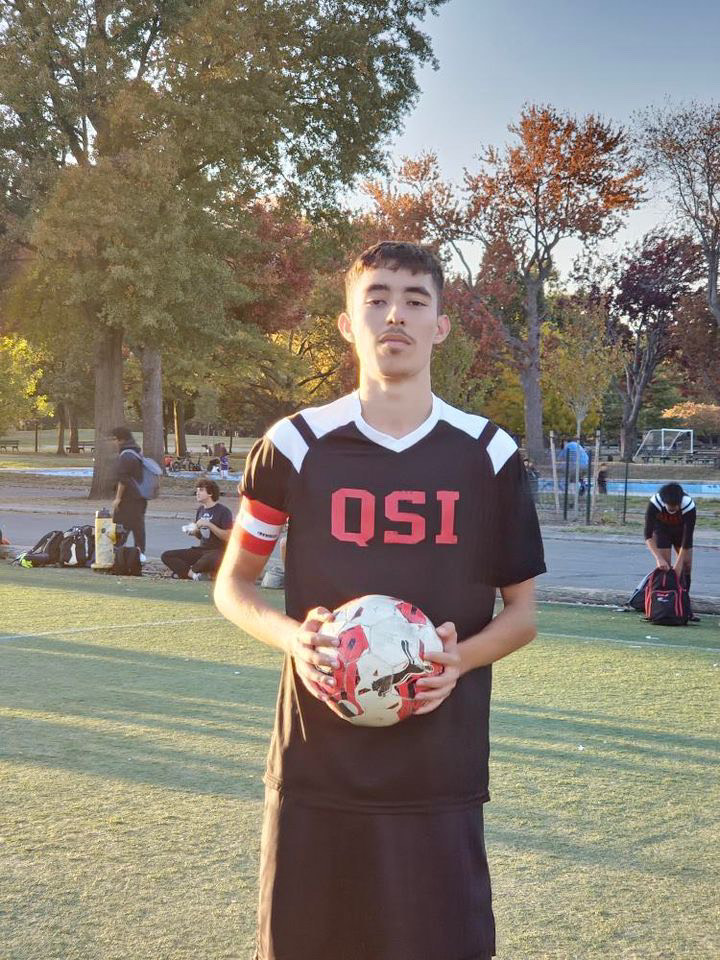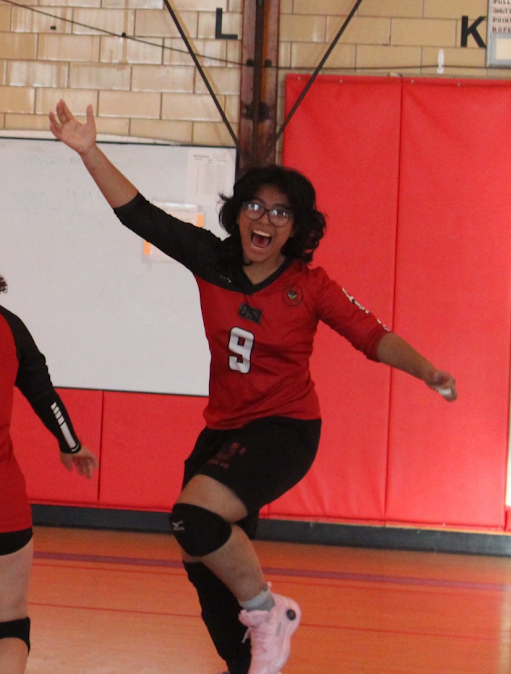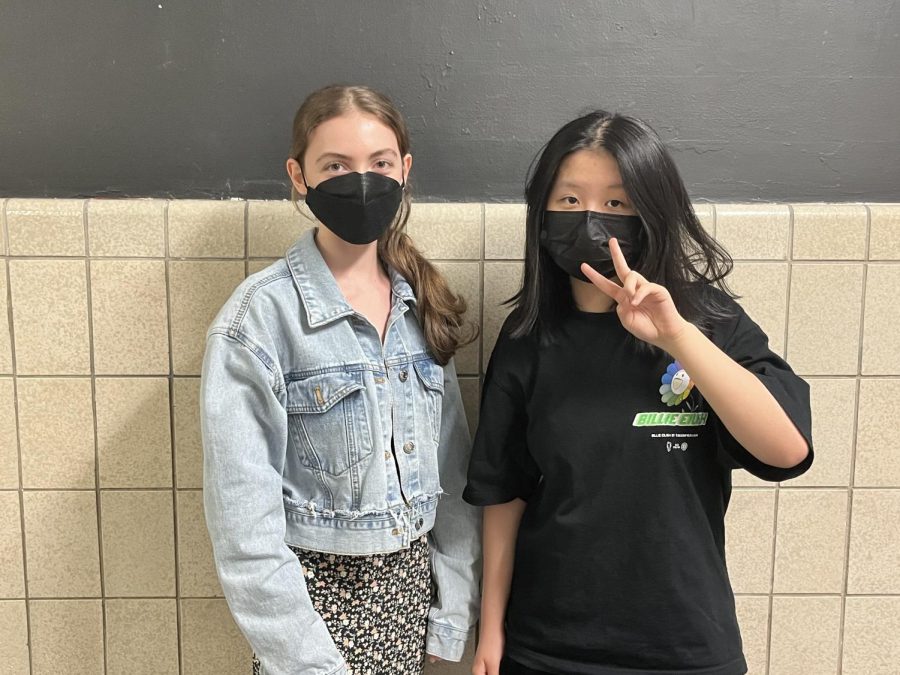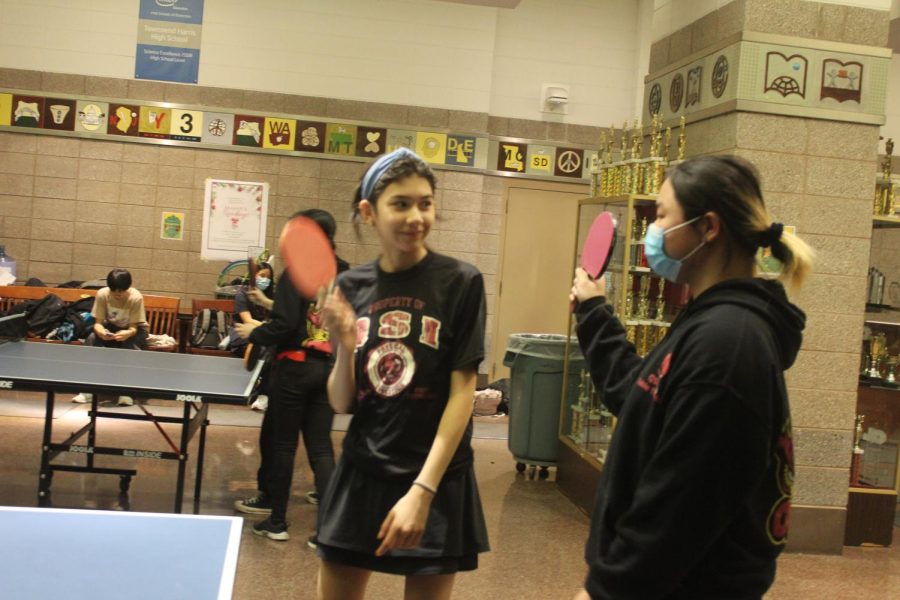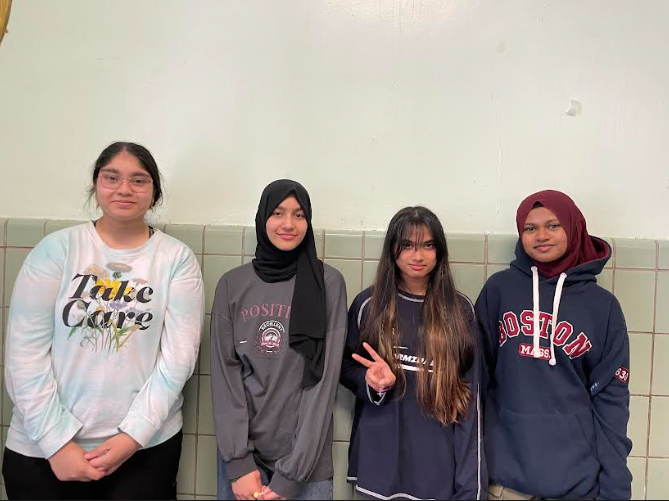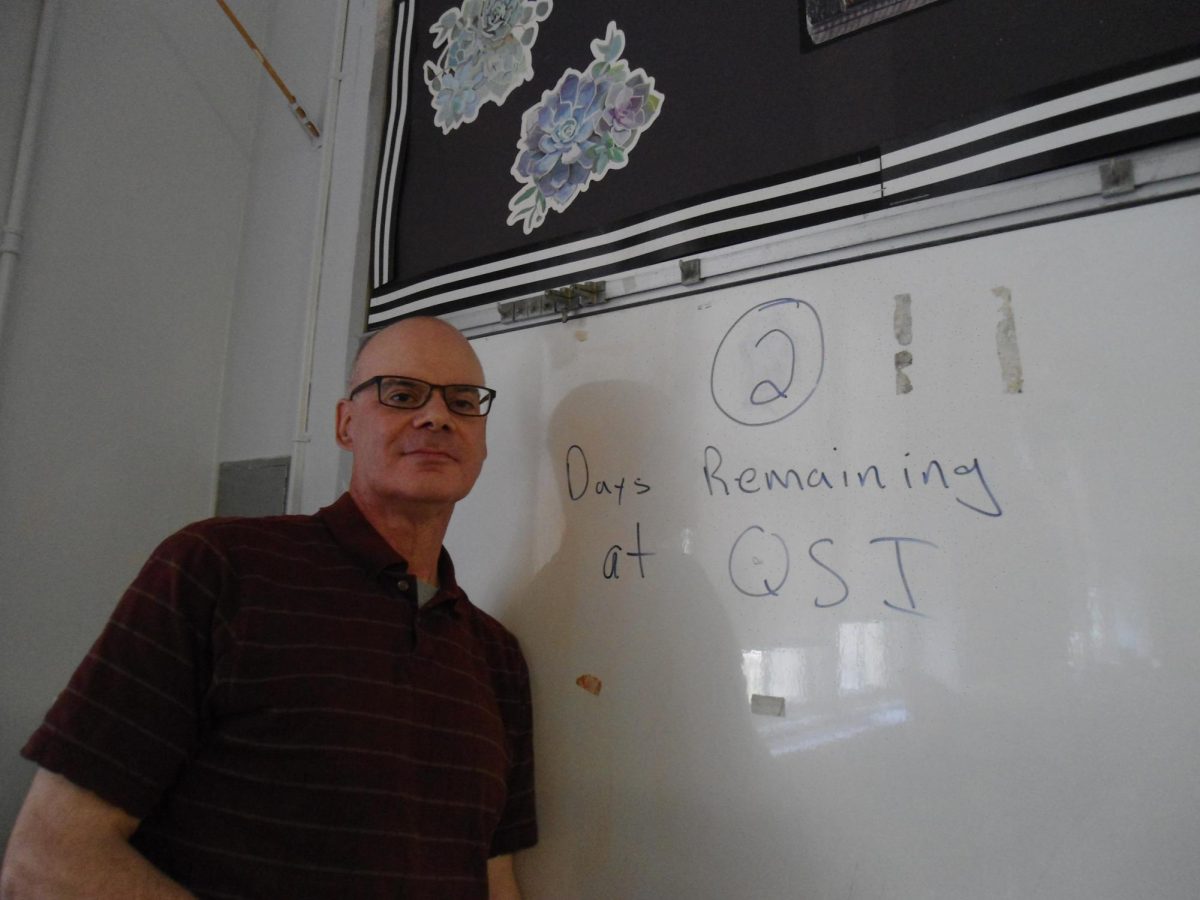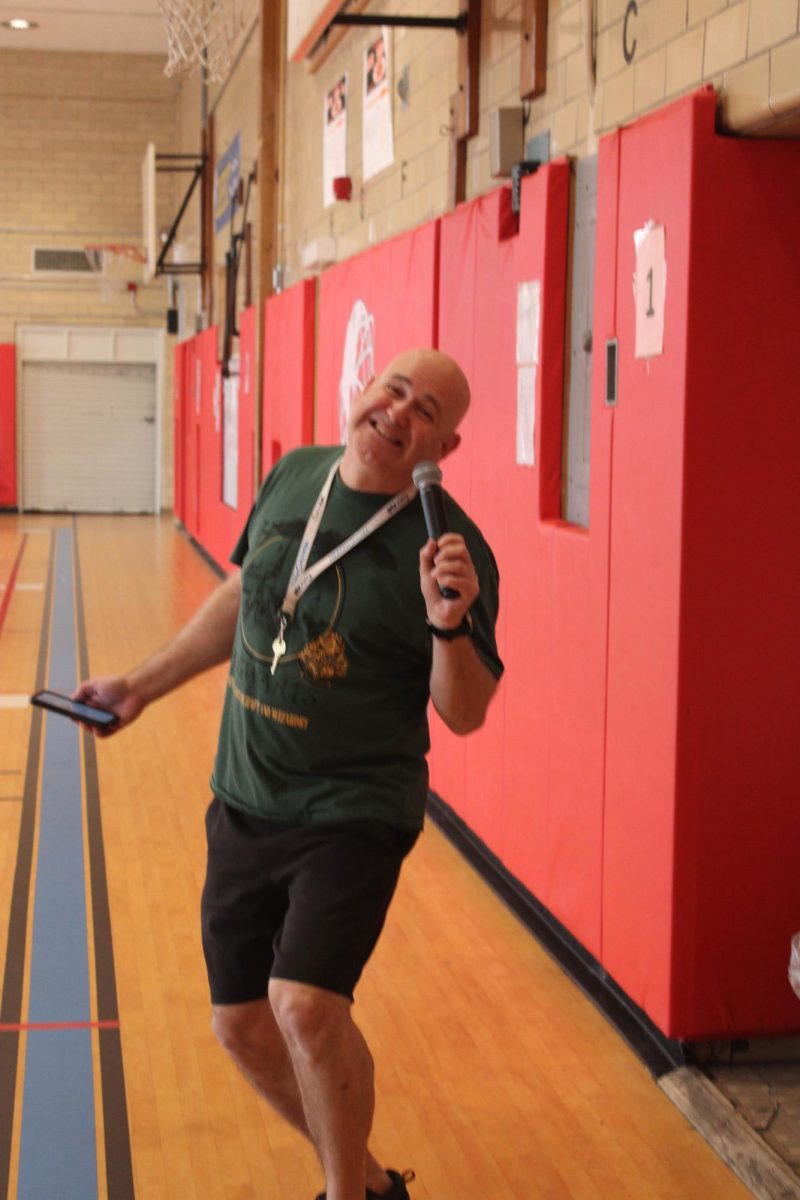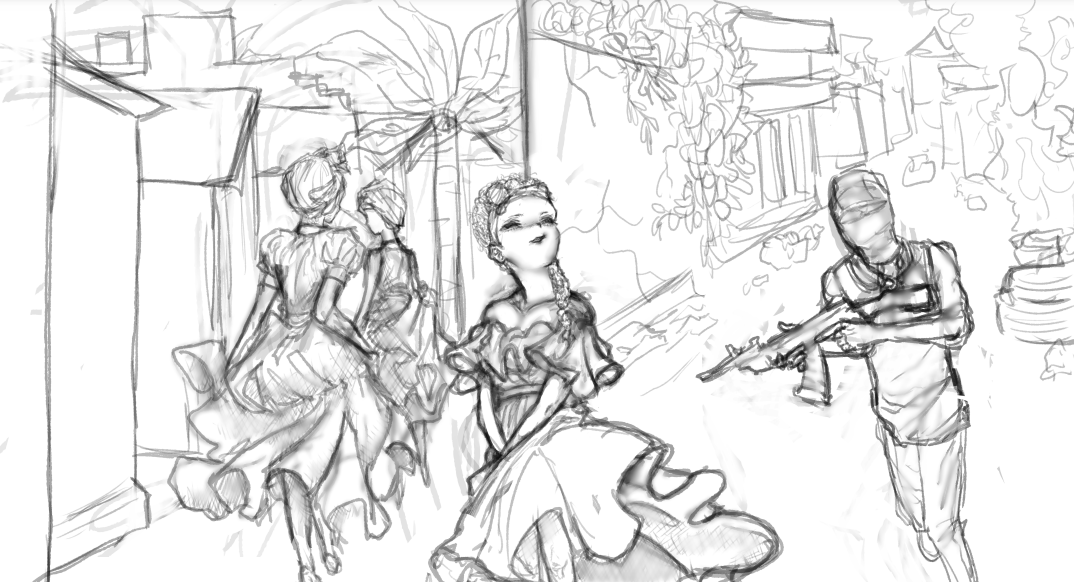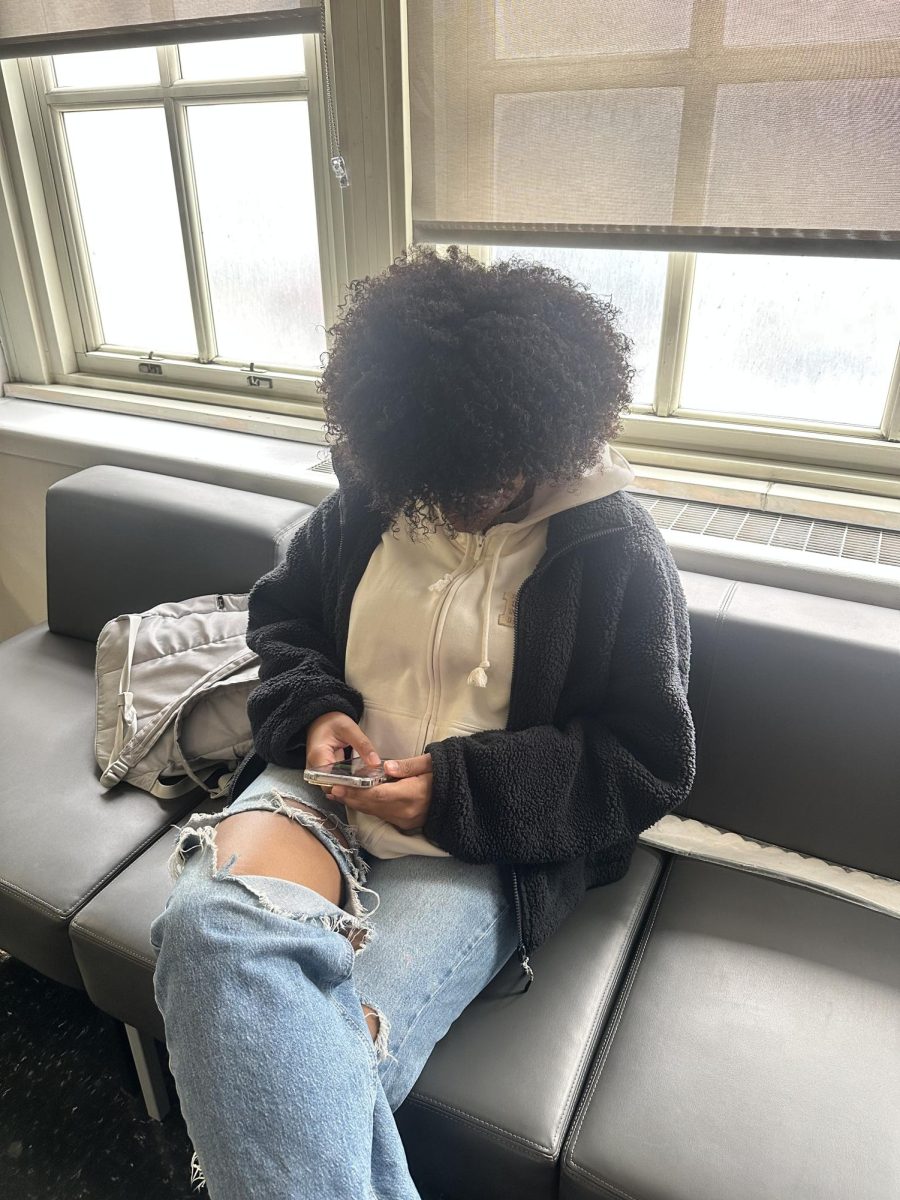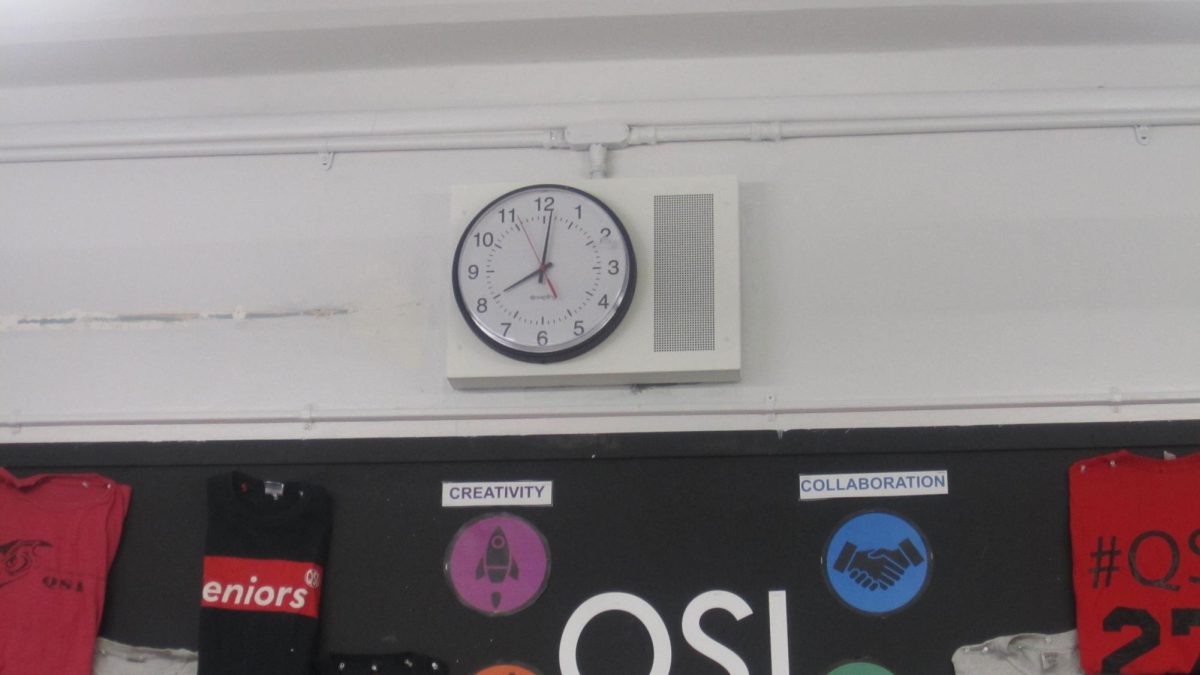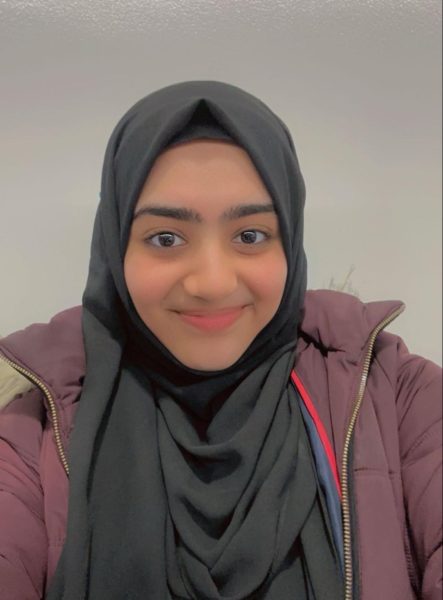As screen time rises, so does awareness of its impacts on young people’s mental health. Students admit that they’re on their screens for hours on end and know that there are negative consequences but most don’t seem able to pull away from them.
The Surgeon General of the United States, Vivek Murthy, is pushing for a warning label on social media sites that says it’s bad for adolescents’ mental health. And in September, New York Attorney Letitia James and 41 other attorney generals sent a letter to the leaders in Congress urging them to follow Surgeon General Murthy’s recommendation. Most students agree that it’s a problem.
“I definitely think there should be some rules but not to an extreme because again we, as kids, are still developing and we are often rebellious and will do it anyways,” said freshman Josly Cooper. “But kids should definitely be warned about the dangers of social media and how crucial it is to mental health,” she said.
Senior Tenzin Yeshi disagreed with the claim that screen time is bad for students’ mental health.
“Playing video games all day in the summer had a negative impact on my physical health, not really on mental health,” Yeshi said.
That it may be bad for students’ mental health is worrisome considering that students report spending a large portion of their day on screens, whether for school, socializing or entertainment.
“Six hours and 48 minutes is my daily average,” said Avital Isakharova, a junior. “I’m very addicted to my phone and can’t spend less than an hour without it.”
Some students, like senior Denis Lila, admitted to higher screen times.
“I spend a solid eight hours a day on a screen, working, playing games and making videos,” said Lila.
And others boasted of spending more than that.
“My combined hours would be 12 to 13 hours a day on my phone,” said Yeshi. “I play video games and watch TikTok.”
In addition to mental health, teachers are concerned about how students screen time impacts their education.
“I see a positive correlation between students who use their phone more often and don’t focus versus students not using their phones at all and focusing,” said physics teacher Jainam Mehta. “Your brain waves change and bleed into your work, making it harder to concentrate.”
Even though students spend a lot of time on screens, most realize that it’s not a good thing to do. Isakharova and junior Orion Scutt both suggest students find other things to do so that they’re not always on their phones.
“It’s okay to go on screens for a little bit for entertainment, but you shouldn’t be doing it all the time. Find something else you do that you enjoy,” said Scutt, a junior.
Lila emphasized the importance of finding balance.
“Plan your day and go outside more with your friends. The more you interact with people, the less you’re gonna use your phone,” Lila said.
School aide Beverly Ellis agreed that students need to find a balance and suggested that they limit their screen time to no more than four hours a day.
“If you’re using TikTok, that’s not so productive. Time yourself on each of your devices and you’ll be able to balance your life better,” said Ellis.




